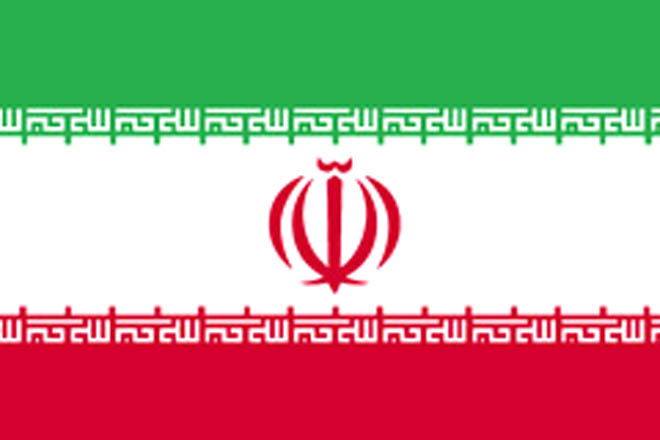Iran, Tehran, 17 October / Trend corr. A.Namdari/ Iran builds its economic policy in conformity with growing sanctions of the West and UN Security Council. As to trade issues, Tehran focused on the East and it is not ruled out that rise in oil prices will save the country from sanctions.
"The Government made required purchases so that to prevent the impact of probable sanctions. Therefore, Ahmadinejad does not divulge the volume of country's currency reserves," Bijan Bidabad, former Advisor of the Iran Central Bank, said to Trend .
Drop in oil prices showed that from theoretical standpoint United States may impose new sanctions on processing and sale of Iranian oil so that to impact on Iran, Stratfor strategic forecasting centre said in a statement on 16 October. However, United States needs support from European and other countries to do that.
Last week, Iran's President Mahmoud Ahmadinejad said the volume of the country's currency reserves is secret.
According to Bidabad, Iranian officials may secretly use the currency reserves so that to reduce the possible damage from the UN Security Council's sanctions. Therefore, exact volume of reserves is not specified to parliamentary representatives.
" Tehran uses the currency reserves as a shield against the sanctions. So, the volume of them is not divulged," he said. "Approximate volume of Iranian currency reserves is known to world's financial structures. Iran cannot completely hide the information from them.
So far, the UN Security Council has adopted five resolutions against Iran. The Security Council demands from Tehran to cancel the uranium enrichment program. So far, the Iranian officials have indifferently approached to these requirements.
China, which is a permanent member of the UN Security Council and has the right of veto, will be the hugest trade partner of Iran in 2008. According to Iran's investment statistics, Germany and other European countries have been the hugest trade partners of Iran for about ten years.
As a result of White House's influence, about 40 European banks broke up commercial relations with Iran, The Washington Post newspaper reported in March 2007. However, Iran delivers its oil to the world market through Asian banks, Islamic financial organizations and small banks. The banks are expected to replace West's financial organizations for Iran.
Oil incomes of Iran exceeded forecasts in 2008. Average oil price is fixed at $60 per barrel in the budget of Iran.
It may seem that oil incomes of Ahmadinejad's government will raise social expenditures, whilst so far, it has not taken place. Speech of the Iranian Vice-President for strategic programming and budget, who stated that the budget had been short of 7trln tomans this week, is a bright evidence for it.
Ahamdinejad's Government transferred some part of oil incomes to the currency reserves in case of rise of sanctions and wars. President's refusal to submit reports on amount of the currency reserves and the Iranian Ministry's speech that the state had made a decision to reduce influences of sanctions through domestic forces and the currency reserves testify for this fact.
The correspondent can be contacted at [email protected]






